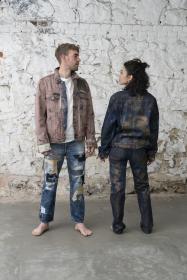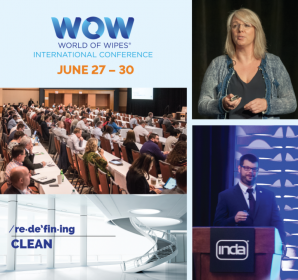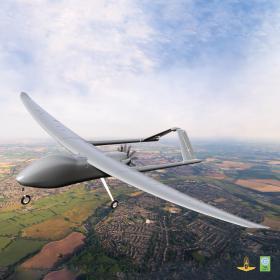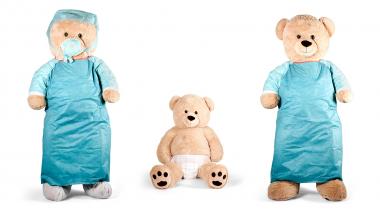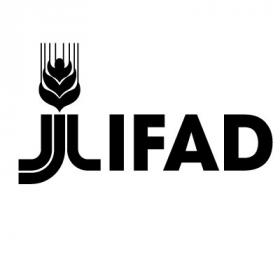BB Engineering shortlisted for Plastics Recycling Awards Europe
BB Engineering has been shortlisted for the Plastics Recycling Awards Europe 2022 for the category Recycling Machinery Innovation with its PET recycling line VacuFil® Visco+ for fiber-to-fiber inline recycling.
The process presented as part of the award is the combined VacuFil® Visco+ with VarioFil®. This machinery enables the textile industry to perform closed-loop inline recycling of post-consumer polyester (PET) textile waste. The given recycling technology is a thermo-mechanical recycling process optimized for the textile industry. Key component here is the liquid state polycondensation reactor, known as Visco+, to adjust the intrinsic viscosity. Compared to existing fiber recycling processes, which address rather less demanding textile applications and don’t include subsequent spinning, BBE’s solution is a whole-in-one process that enables the textile industry to perform closed-loop inline recycling of post-consumer PET fiber waste even into high-tech textile yarns with low dpf-values.
The Plastics Recycling Awards Europe 2022 winners will be announced on 23 June, during the second day of the Plastics Recycling Show Europe taking place at the RAI Amsterdam.
BB Engineering Plastics Recycling Awards Europe plastics Recycling textile machinery
BB Engineering GmbH







